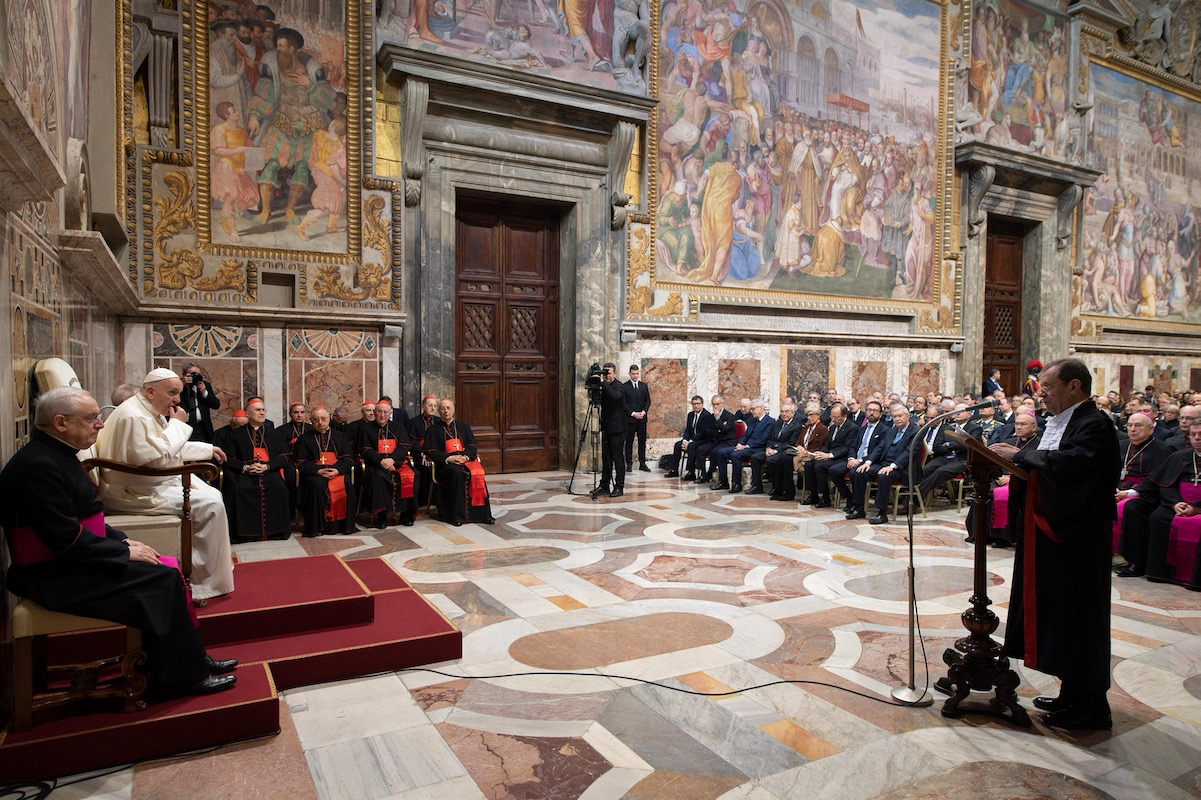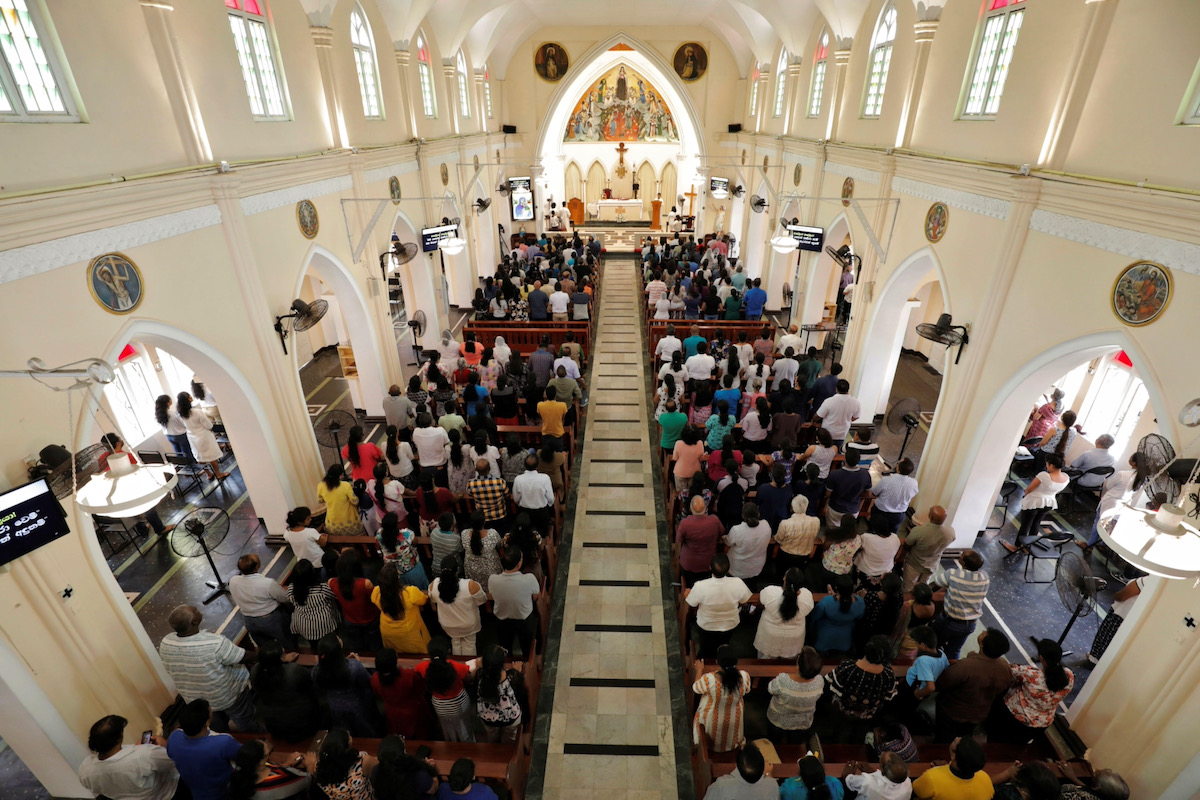Social hostility related to religion dropped across the world for the fifth year in a row, as fewer cases of terrorist attacks, murders and mob violence were reported, according to a study by the Pew Research Center.
Based on figures from 2019, the latest for which there is data available, the annual report measures social hostility on one hand, and legal restrictions on the other.
A country may experience low levels of religiously related social violence but have severe legal restrictions against the practice of one or more religions in place, and vice-versa.
According to researchers, the number of countries where social hostility ranked “high” or “very high” dropped from 53 in 2018 to 43 in 2019 confirming a trend that dates from 2012, when the number peaked at 65.
Countries still on the list of “very high” social hostility include India, Iraq, Israel, Libya, Nigeria, Pakistan, Sri Lanka, and Syria. One of the worst incidents in 2019 took place in Sri Lanka when Islamic terrorists bombed several churches and hotels, killing 250 people and wounding 500 more.
The Central African Republic and Egypt both dropped out of the list, with researchers pointing to a drop in cases of persecution of Coptic Christians in the latter, although this remains a cause of concern.
The drop in social hostility was not matched, however, by government restrictions, which remain at record highs since 2007 according to Pew, with one more country in the “high” and “very high” list.
Most countries with “high” or “very high” government restrictions hail from the Asia-Pacific region, with 25 out of 30, and from the Middle East-North Africa region, with 19 out of 20. The only bit of good news is the decrease in the number of states with “very high” levels of persecution, down from 26 in 2018 to 23 in 2019.
The only two European countries on the “very high” list are Russia and Turkey, with Russia the only Christian majority country.
Although the United Kingdom and Ireland are not explicitly mentioned in the report, maps used to illustrate it show that the UK is ranked as having moderate levels of government restrictions and high levels of social hostility, whereas Ireland has moderate levels of social hostility and low levels of government restrictions. The figures used in this study predate the Covid-19 pandemic, which saw many Governments enact contentious legislation to avoid religious gatherings.



 Loading ...
Loading ...